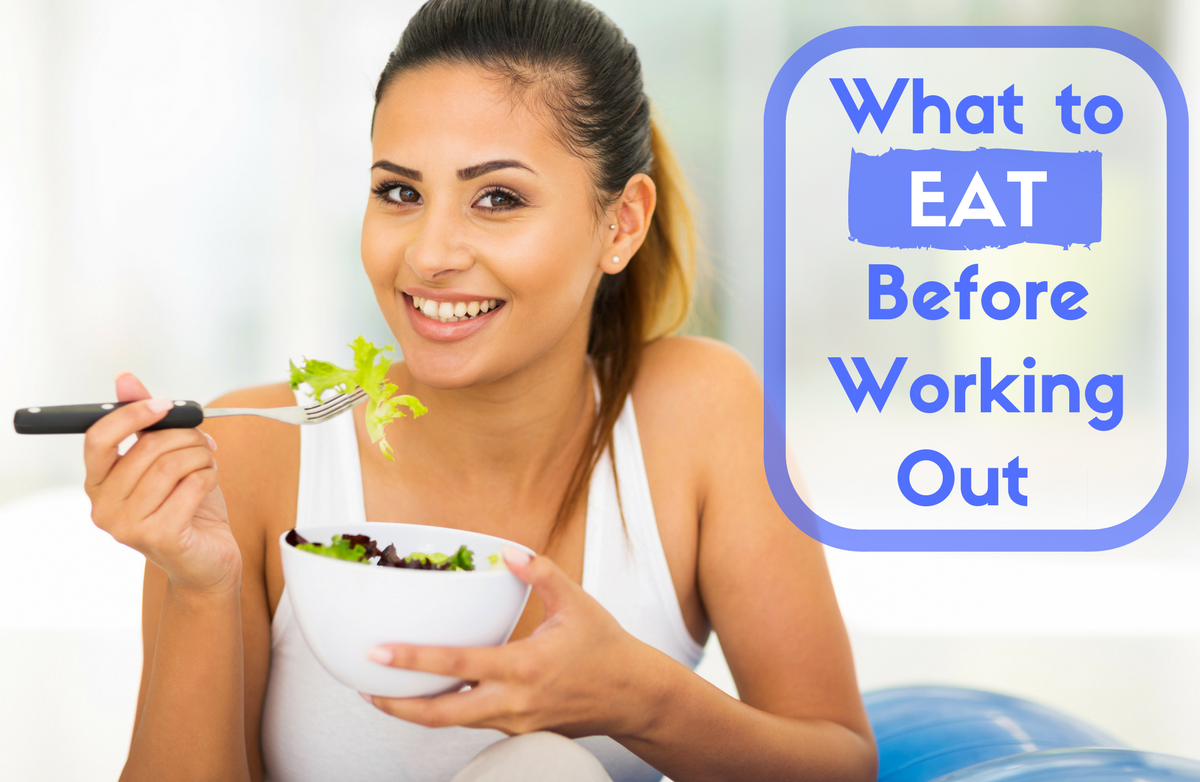|
One of the roles I performed as a Clinical Dietitian was helping medical teams determine artificial nutrition needs for people when they had difficulty taking adequate food and fluids by mouth. Sometimes that nutrition and hydration support came in the form of a special IV formula and other times required a liquid formula combination delivered through a tube into the stomach or intestines. The goal was to provide adequate fluid and nutrition support following surgery or a prolonged illness so the patient could return to health as quickly as possible. I have personally been on the other side of nutrition and hydration support decisions as well. When my sister-in-law was in intensive care on a ventilator for over five weeks, specialized IV support was vital and necessary to provide all of her nutrition and hydration needs. The need for nutrition and hydration support was straight forward because the care plan obviously intended to promote healing and restored health. The situation was different when my grandmother with Alzheimer's disease was no longer able to eat or drink sufficiently. The family conversations related to artificial nutrition and hydration were different as well. We had to take a deeper look at how we really felt about nutrition and hydration. My grandmother was a remarkable woman. She was very independent and self sufficient, hard working, athletic, and health conscience. In her 60s, she was still asking her grandchildren if they wanted to see her stand on her head and in her 70s, her doctor finally convinced her that it was probably best to give that up. When she developed problems with her memory in her early 80s, she had no health issues and did not take anything but a multivitamin each morning. Her goal was to live to be 100 years of age and I believe she would have made it without Alzheimer's disease. Unfortunately, because she was so healthy, our family never thought about talking with her about her medical treatment wishes before she cognitively was no longer able to have the conversation. She was an independent woman that made her own decisions and told her family about them after they were made. Advanced directives and living wills were not all that common fifteen years ago, so there was nothing written to provide direction when the time came. When the conversation about 'extreme measures' came up when her health dwindled, that was easy to answer. We were certain she would not want to be "kept alive on a machine." However, we were initially not so sure how she would she feel about hydration and food. Would she see those as extreme measures or as a former nurse aid in a retirement community would she see them as a typical course of care? Deciding whether to provide nutrition or hydration support were tough questions for the family when the time came that she could no longer eat or drink enough on her own. We realized that some research indicated that in the last days of life, it is not beneficial to provide artificial nutrition and hydration but with Alzheimer's how do you know for sure when they are facing their last days of life. We wondered if everything else in the body is working but she just cannot eat or drink enough, would she die of starvation or dehydration if she did not receive proper food and fluids instead of dying from the disease. When the decision against offering artificial nutrition and hydration was made by her daughters, it was hard for me although I believed it was the correct decision. The granddaughter in me had to accept that my grandmother was not going to get better with the artificial provisions. The clinician in me had to accept that withholding nutrition and hydration was not allowing her to starve. Instead, it provided the opportunity for her to die in dignity and peace by not prolonging the inevitable but allowing the body to slowly shut down. It also forced me to think about what I wanted for my husband and I and our young children should that decision become necessary unexpectedly. I realized that when I started working with transplant patients, I reminded my husband and parents often that I wanted to donate my organs and tissues if anything happened to me. However, I do not have as clear-cut a directive for them or my now teen-age children when it comes to artificial nutrition and hydration. If there is a chance of healing and restoration to health, I want the chance. However, how do you put that on paper when every situation that leads to that point of decision-making is different? My sister-in-law was in her early twenties when artificial hydration and nutrition were in question but my grandmother was in her early eighties. How do you make a choice that covers all circumstances for all stages of life? My grandmother succumbed to Alzheimer's disease over ten years ago. With all the talk these days about living wills and "pulling the plug on grandma," I have been thinking more and more about my parents, my in-laws and the need to sit and talk with them about what they want or if they have already spelled it out in a legal document. I realize that my husband and I should also sit down and have this conversation as well since neither of us are guaranteed tomorrow and do not know what the future holds even though we are only in our 40s. You probably have not spent much time thinking about how you feel about artificial nutrition and hydration. You may be like me and not yet talked with loved ones about their feelings and wishes either. I hope you will make the time after reading this blog. Do you have a living will or an advanced directive? Have you ever thought about talking about artificial hydration and nutrition wishes with your loved ones? Will you now? |
More From SparkPeople
|













.png)

